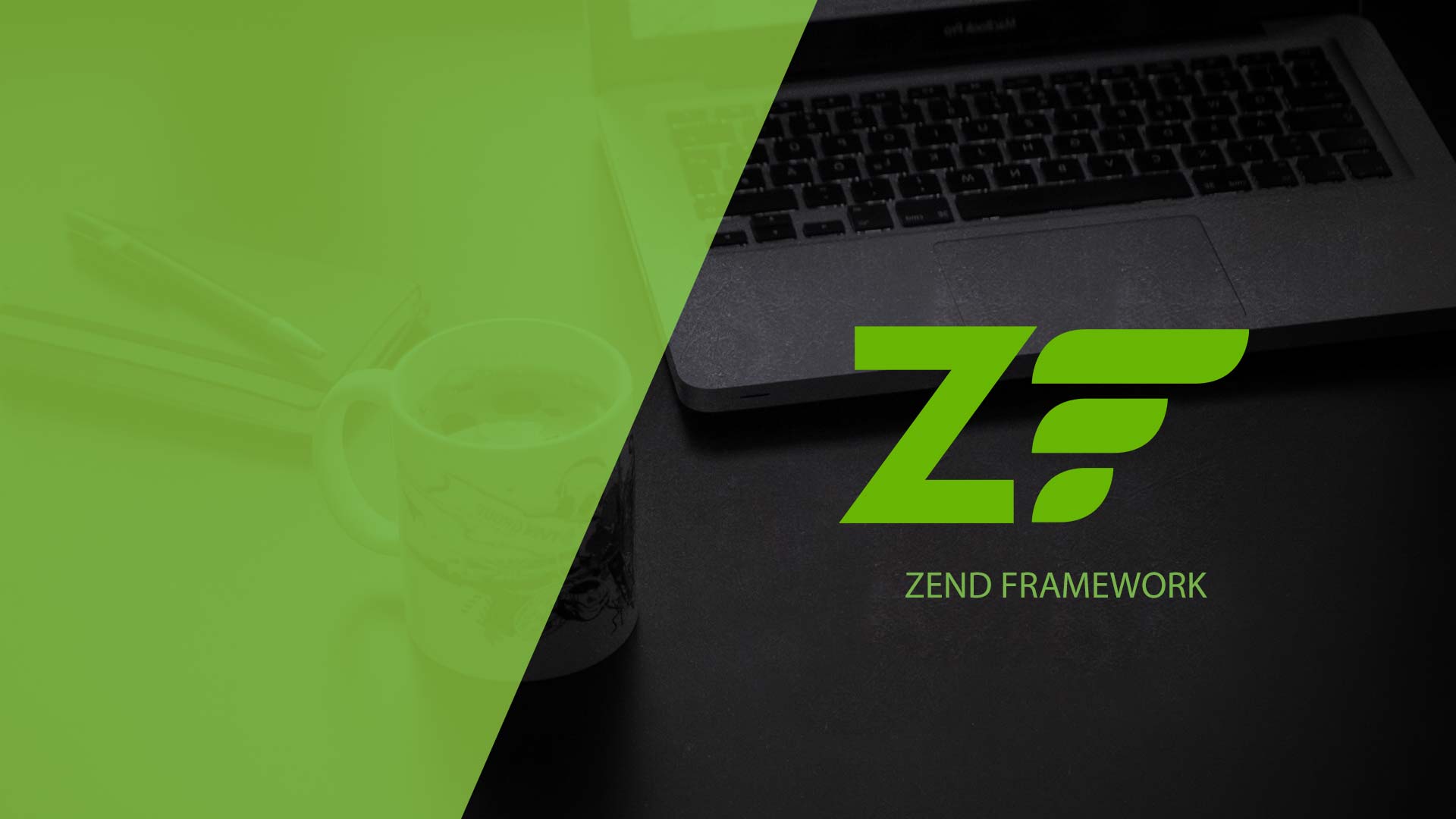Web Development
Handling Errors in Zend Framework
February 21, 2018 — By Brain Technosys
In the applications which make use of Zend Framework, error handling is mainly done using the error controller, but there are numerous ways to send the execution. This article will throw light on some of the ways to trigger the error controller and also a solution to handle it under different error conditions.
Structuring The Error Controller
The first step would mainly be structuring the error controller. The easiest way out is to simply handle everything totally in the Error Action method. However, if you separate different error types into separate actions, it will become much easier for you to understand the error controller. This would make way for you to easily have an error-specific code without relying a lot on the Error Action method, as well as allowing you to easily provide error-specific view scripts.
The Error Action would mainly be used to determine the error type and after that, the request would be forwarded so as to generate the respective action. Errors which do not generate a specific action for them can get access to a general handling of Error Action. The most implemented approach to trigger the error controller is to just forward the request to it in a condition of error.
While this process is easy, there is a small flaw in it. The forwarding code mainly aims to create a coupling between this controller and the error controller. In case you want to make your code easily re-usable, this would be a straight no. By forwarding it to a particular action, you are giving the access to anyone who intends to use the code in order to implement an error controller with those actions that your code requires.
A better way to handle it would be to use exceptions. Instead of forwarding, you throw an exception. This time you need to throw a custom exception which is called as ParameterNotFoundException. When you do this, you make way for the normal error handling code of the framework to take over the error has been found and the request is then forwarded to the error controller.
Some code can be added in the error controller so as to handle this kind of exceptions. Or it can be the case that your project no longer requires custom handling for this, so you can simply make use of the normal general handling code for it. Rest assured for all your Zend framework solutions as we have got you covered. Brain Technosys offers best in class Zend developers who take care of end-to-end Zend development services for your business enterprise.
There is not much of error handling in Zend development framework, a big thanks to the ready components which make it actually easy. All that you need to do is, just throw an exception, and simply write some code in the error controller so as to handle it. If you go as per the rule of thumb, the least you can do is log in the exceptions that go as far as the error controller.








